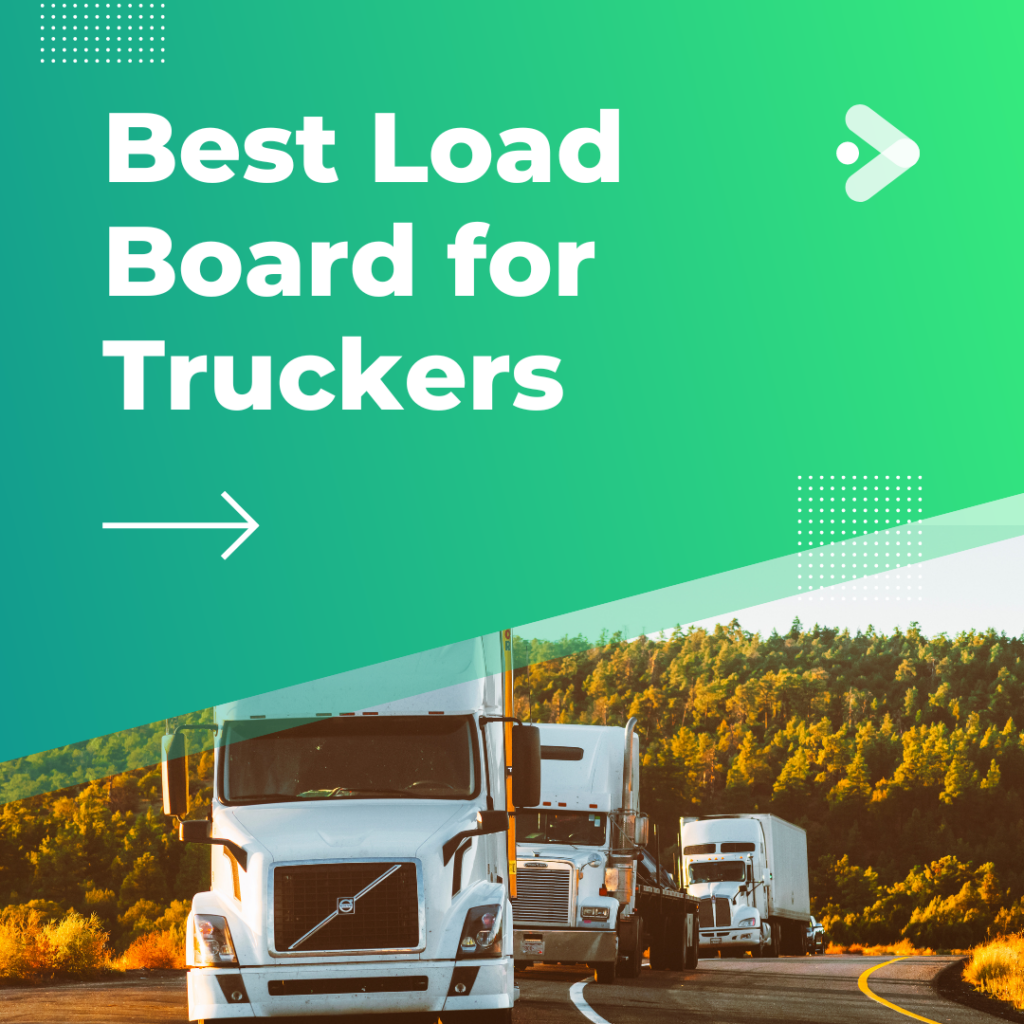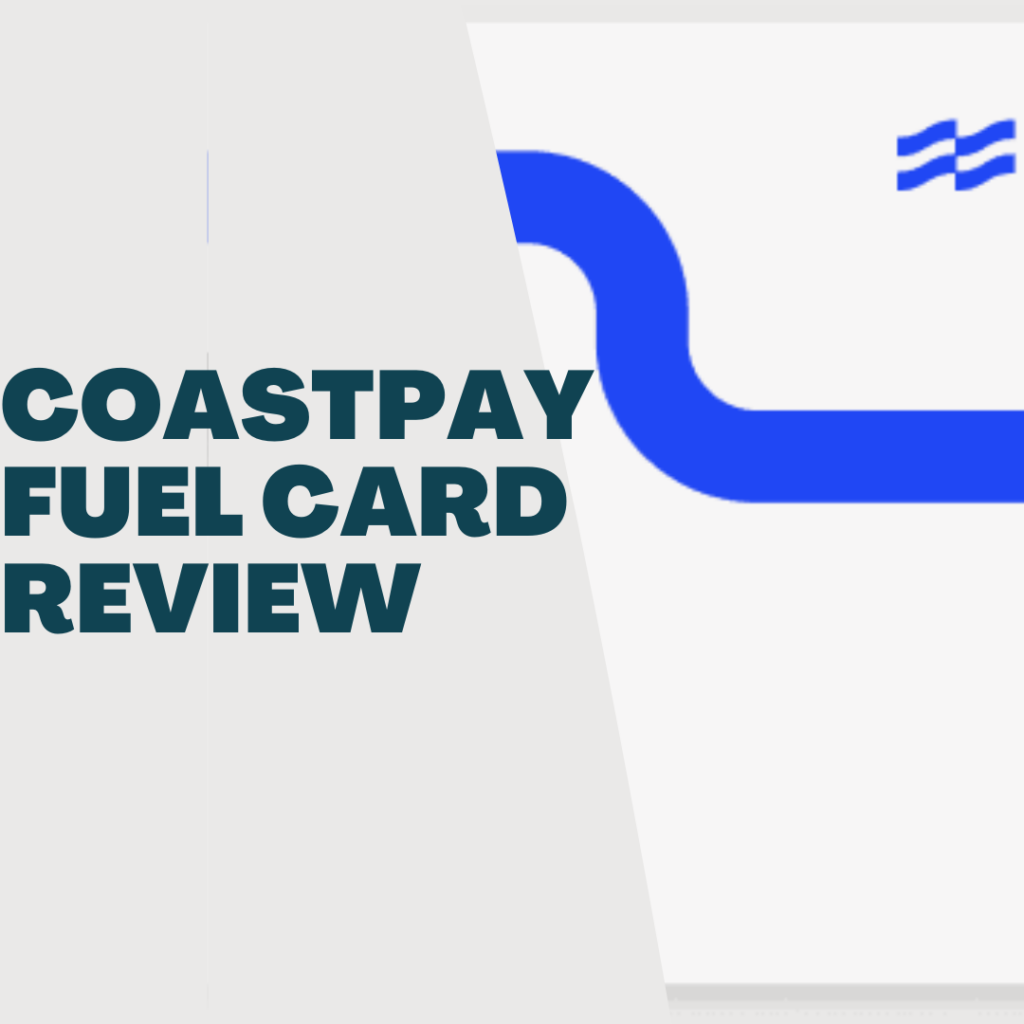Commercial vehicles aren’t cheap. The average brand new semi-truck costs $165,000, and that’s beside the working capital you need to set up your business and cover other expenses.
You need a significant amount of capital to start and grow a trucking company successfully. However, few owner-operators and trucking companies can afford a fleet of vehicles without securing external financing.
Commercial truck financing will give you access to external funds for purchasing or leasing the trucks that your business needs to succeed. Read on to learn more about how commercial truck financing works, the industry financing rates, and the five best truck financing companies.
What is Commercial Truck Financing?
Commercial truck financing involves a trucking company obtaining a loan specifically for buying a commercial truck/fleet or leasing a truck/fleet in a lease-purchase agreement. The financing company will retain the title to the truck/fleet until all the obligations in the loan or lease agreement are fulfilled.
That is, a financing company will give you money to buy a truck, or it will help you lease a truck in exchange for monthly interest payments and the agreement that it can seize the truck if you default on your obligations.
Trucking financing is regarded as a form of “equipment financing”, and only the vehicle can be used as collateral. Lenders finance both vocational trucks and semi-trailer trucks.
Commercial truck financing companies can be banks, specialized trucking finance companies, or online lenders.
The two financing options available to you – equipment loan or equipment lease – have significant differences.
With a loan, you are purchasing the truck to own it outright, and you will only lose your rights to ownership if you are unable to continue paying the interests on your loan. In the event of a loan default, the financing company can exercise its rights to seize the collateral (your truck) to cover what you owe.
A lease is different. The truck belongs to the financing company, and you will enjoy the use of it as long as you keep up your monthly payments. Most truck lease agreements are lease-purchase agreements.
In a lease-purchase agreement, you have the option to buy the truck for its remaining value after depreciation at the end of the term of your lease.
A lease agreement creates the advantages of affordable monthly payments and low credit requirements. This makes it ideal for owners that are just starting or owners that have mediocre credit scores.
Should You Buy or Lease?
If you are an established business with good credit scores, buying is a better option than leasing. Leasing typically costs much more than purchasing your truck outright because of the interest rates that are embedded in the seemingly affordable monthly payments.
A typical semi will cover a million miles before it requires any serious maintenance. If you plan to operate your fleet for the long term, you would complete the five to seven years loan repayment term well within the productive lifespan of your trucks.
However, if your company is new, or you are worried about the impact of hefty interest payments on your cash flow, a lease agreement may be the best option.
Many new companies fail. It’s best to go with a lease agreement at the beginning until you are sure your company can succeed before committing to an equipment loan.
Also, companies that need to free up cash should not sign up for truck purchase financing, which will entail high monthly payments. It’s best to secure an equipment lease since it comes with lower upfront costs and smaller monthly payments.
How to Secure Commercial Truck Financing
When you are ready to apply for a loan to finance your fleet, follow the process outlined below:
Step 1: Determine Your Eligibility
Before trying to get a loan to buy your semi-truck, you need to make sure you can qualify for equipment financing. There are a few things that lenders want to see before they will give you a loan, and they are:
Credit History
The better your credit score, the more easily you can get equipment financing at good rates.
Your personal and business credit reports will be examined, and having a good score of 660 or higher will help you get the best loans. Other than your credit score, historical behavior like on-time mortgage and car payments will also be looked at.
You will have a hard time getting approval if your credit report raises red flags like prior repossessions, outstanding child support payments, or tax liens.
Length of Time With Commercial Driver’s License (CDL)
Lack of experience can be a hindrance for owner-operators. Many financing companies will ask you to show evidence of driving experience in the trucking industry.
The requirement is usually a minimum of five years with a CDL license. However, owner-operators with less experience that have good credit and can provide larger down payments are often approved.
You can still secure financing without a CDL, but you will be considered a high-risk borrower and subject to much higher rates.
Experience as a Business Owner
If you are an established business owner, you will appear less risky to lenders than if you are a newbie.
Years of experience as a fleet operator and having an established relationship with a lender can go a long way towards helping you secure favorable terms. This is especially relevant when your lender is a bank.
Specialized truck financing companies are less rigid with their requirements, and they offer the greatest chance of securing financing for newer businesses.
Age of Truck
Lenders are always happy to finance a truck with a mileage that is less than 700,000 and was produced within the preceding 5 -10years.
This is because older trucks will be reaching the end of their productive life and will need more regular maintenance. They will also lack many of the latest technologies.
If you will be buying used trucks, go for newer trucks that won’t require excessive repairs and high maintenance costs.
Down Payment
Your lender will require a down payment on the equipment loan, and the industry average is 15%. For newer businesses, down payment can be as high as 30%.
You also need to prove that you have enough cash reserves for the maintenance of your fleet and the interest payments.
It is possible to secure financing without making a down payment, but the loan repayment will be much more expensive and the terms of your agreement will be more stringent.
The scope of each of the qualifications listed above will vary from one financing company to another. You should look at the terms of each of the best financing companies to determine the right offer for your company.
Step 2: Gather Your Documentation
After confirming that you have the right credit scores and cash reserves to secure financing, the next step is to gather the documents you need to present to the financing company.
You should prepare the following documents before applying for financing:
- Proof of business registration (Articles of Incorporation & Operating Agreement)
- At least 12 months of bank statements
- Three years of business tax returns
- Current business balance sheet
- Proof of relevant insurance
- Current CDL license
- USDOT number
- Motor carrier number
- At least six references
Once you have all this documentation prepared, you can go ahead and find the trucks you want the lender to finance.
Step 3: Find Your Truck
Most lenders have requirements about the type of trucks they can finance, but the most important thing is to find a truck that will be perfect for the needs of your business.
After identifying the truck that will be suitable for the goods your business hauls, search for a lender with acceptable requirements.
It’s also better to buy your semi from a dealership. Lenders prefer reputable vendors because the paper trail can be traced and there is a greater guarantee of the vehicle’s condition.
Remember to avoid a truck that has too many miles on it, or you will have a hard time getting financed.
After negotiations, the written quote you get from your dealer must include the following information:
- Guarantee of title
- The price
- The make, model, and year
- Truck serial number
- A statement stating that the truck is used (when that applies)
- Mileage
- Condition report
- Pictures of the truck
Step 4: Get Proof of Insurance
No lender will finance your fleet without proof of the right insurance coverage. The financing company is giving you funds to buy your truck with the vehicle as collateral. If anything happens to the truck, the value of their collateral will be impaired.
This is why lenders insist you provide proof of insurance. For your truck you will need the following insurance:
- Cargo coverage
- Physical damage coverage
- Primary liability coverage
- Bobtail coverage
If you own an office with a fleet and employees, you also need general liability insurance and worker’s compensation insurance.
Work with an expert insurance broker to guide you on what coverage your business will need. The value of your truck, its mileage, and the claims record of your business will all influence the cost of your insurance.
Step 5: Submit The Documents to Your Lender
After you have completed the steps listed above and prepared all the relevant documents, submit them to your lender of choice.
Make inquiries about the complete list of documents required by your lender to ensure the approval process will go smoothly.
After your application is approved, some lenders will fund within 24 hours, while others will take three days or more.
Start operating your truck as soon as possible to earn income, since interest payments will begin shortly after the loan is paid out.
Optimize your cash flow by saving money with the right fleet fuel card and cut operating expenses where you can.
Commercial Truck Financing Rates
Rates for truck financing loans depend on your credit report and the policies of the lender.
An established operator with excellent credit and solid cash reserves can expect rates between 3-6%. If your credit score is good enough, and you have no negative marks in your credit report, you can expect rates between 7-10%.
Business owners with poor credit scores should expect rates between 10-35%. Newer businesses should also expect higher rates than 10%.
Never agree to a financing offer you cannot afford. You must ensure that you can make the interest payments and fund other expenses with your projected cash flow.
For an equipment lease, you will pay a flat fee every month. The flat fee is typically lower than the interest you would pay if you had obtained an equipment loan. Leasing a new semi-truck will cost upwards of $1600 a month, while a used truck will cost between $800 to $1600 per month.
Commercial Truck Financing With Bad Credit
Owners with bad credit can still get semi-truck financing. Your poor credit history is not a deal-breaker since the truck will be collateral, and the lender can repossess the vehicle if you default on your payments.
The catch is that you may have to make a larger down payment, and your interest rates will be on the higher end. A lender may also insist on a shorter loan term to lessen their risk exposure.
Ultimately, trying to secure truck financing with a bad credit score will be very expensive. If the costs will be too much for you to bear, it’s best to work on your credit score before applying for financing. That way, you will save your business thousands of dollars in avoidable interest payments.
The 5 Best Commercial Truck Finance Companies
We recommend the five lenders listed below:
Wells Fargo offers both equipment loans and equipment leasing. Loan terms range from one to seven years and you can get equipment loans for both new and used trucks.
You can also lease both new and used trucks, and the bank offers lease-purchase agreements. The bank offers financing to owner-operators, fleet operators, vehicle dealers, and leasing companies.
Wells Fargo offers multiple options for each type of company, and you will surely find an option that works for your business.
Bank of America (BOA) offers one of the best rates in the industry, with rates as low as 3%. The bank only funds trucking companies that have been existing under the present ownership for at least two years.
Your business must earn a minimum of $250,000 in annual revenues, and your vehicles must weigh above 2.5 tons. Loan terms are usually between two to six years.
You can also talk to a small business specialist at the bank about getting the right lease agreement for your company.
Balboa Capital offers same-day funding with no large down payment requirement for loans up to $250,000.
It is an alternate lender, and its requirements are less stringent than that of banks like Wells Fargo and BOA.
You must earn at least $100,000 in annual revenues and applications are done online. You can secure truck financing with favorable rates with a credit score of 630. The company will also work with business owners that have lesser credit scores.
CAG Truck Capital focuses exclusively on commercial truck financing and their specialty is in lending to business owners with bad credit or no credit. The company also offers engine overhaul financing.
They will work with you irrespective of your credit score, even if you have prior bankruptcies or tax liens.
When you finance with the company, they will report to major credit agencies, which helps you strengthen your credit profile.
Commercial Fleet Financing focuses on financing semi-trucks, although they also finance other types of trucks. They offer expedited processing. With a 0% down payment, you can secure funding within 24 hours of your application.
They offer low rates and flexible terms, but they largely only fund established trucking businesses with excellent credit histories.
You need a credit score of 640 or higher, and loan terms range from three to nine years.
Conclusion
Commercial truck financing provides you with multiple options to get the funds you need for your vehicle or fleet of trucks. Even if you have bad credit, there is a financing company out there with the right offer for your business.
Now, it’s up to you to follow the instructions in this article to get the financing you need to make your business a success.














